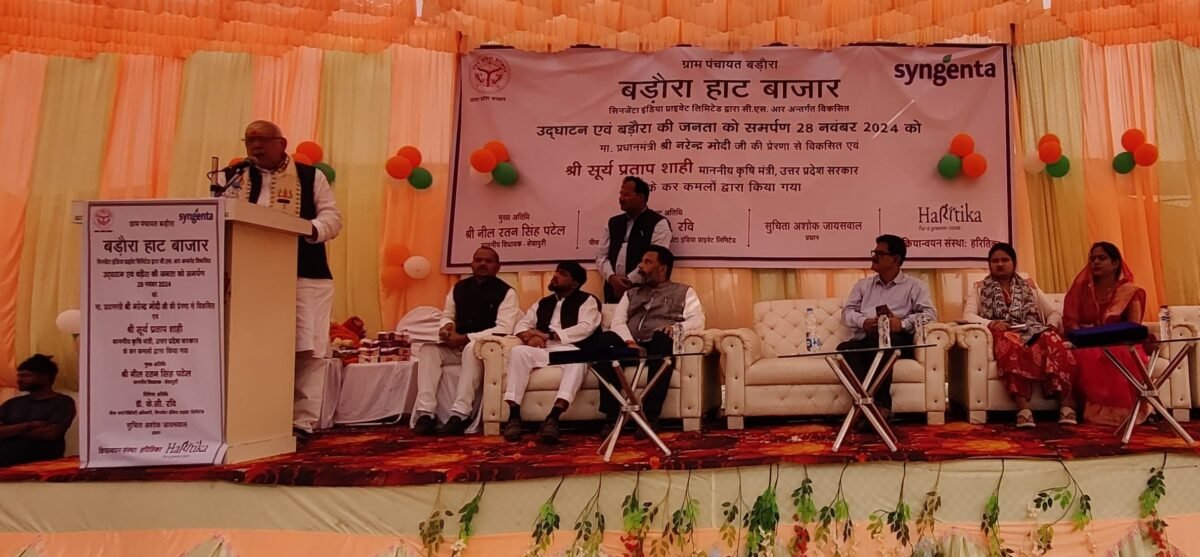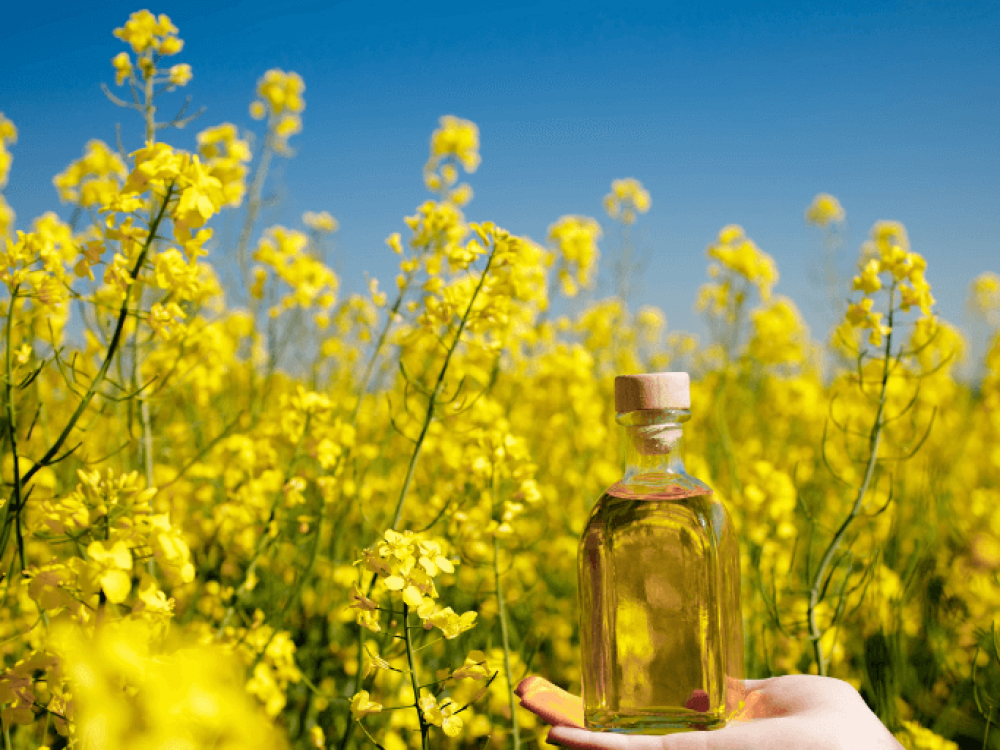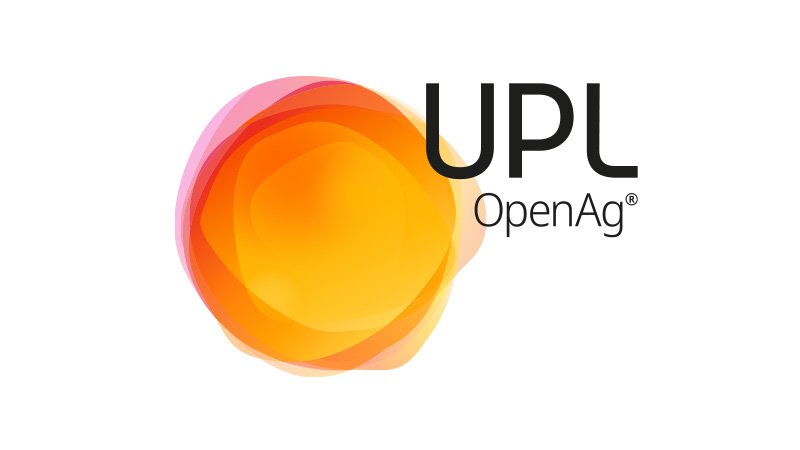India Eyes $1.4 Billion Slice of Global Seed Market by 2028: National Seed Congress
Industry leaders at National Seed Congress projected that India could achieve $1.4 billion (₹10,000 crore) of the $14 billion global seed market by 2028
The National Seed Congress in Varanasi became the talk of the town, as experts emphasized India’s potential to capture 10% of the global seed market and significantly boost the contribution of high-quality seeds to crop production from 15-20% to 45%. Highlighting the country’s evolving role in the international seed trade, they called for strengthening the enabling mechanisms for seed producers. Industry leaders projected that India could achieve $1.4 billion (₹10,000 crore) of the $14 billion global seed market by 2028.
India is already a key player in the global seed market, excelling in the export of vegetable seeds, spices, and increasingly in cereals and pulses. Stressing the importance of expanding exports of high-yielding and disease-resistant varieties, Ajai Rana, Chairman of the Federation of Seed Industry of India (FSII) and CEO & MD of Savannah Seeds, remarked, “India’s diverse agro-climatic zones make it a hub for traditional and hybrid seed cultivation. The growing export market can be further strengthened through public-private partnerships and enabling policy frameworks. Government initiatives like the ‘Seed Export Promotion Scheme’ and the establishment of ‘Agri Export Zones’ have played a crucial role in supporting this growth.”
The Congress, held in Uttar Pradesh, a state soon to host a mega seed park, highlighted the synergy between public and private sectors. Experts noted that with advancements in biotechnology and a focus on sustainable agricultural practices, India is well-positioned to expand its global seed market share. Raghavan Sampathkumar, Executive Director of FSII, stated, “The development of climate-resilient seed varieties and the expansion of organic seed production are areas where India can lead and contribute significantly to global agricultural sustainability.”
High-quality seeds are the backbone of sustainable agriculture, directly contributing 15-20% to total crop production, a figure that can reach 45% with efficient management of other inputs. Industry leaders expressed optimism about the government’s commitment to agriculture. Dr. Rajendra Barwale, Member, FSII, Executive Chairman, Mahyco Pvt Ltd, commented, “The government’s record ₹1.52 lakh crore budget allocation for agriculture earlier this year, underlines its vision of making farming the foundation of ‘Viksit Bharat’ and instills confidence in the private sector.”
Dr Barwale also emphasized that public-private partnerships are vital for progress, stating, “Collaborative expertise is essential for creating equitable seed systems that benefit both smallholder farmers and large agricultural enterprises. Sustainability and inclusivity are not optional, they are imperative for securing India’s agricultural future.”
India’s vulnerability to erratic weather patterns underscores the urgency of developing climate-resilient crops. At NSC 2024, researchers and industry leaders discussed advancements in drought-tolerant and disease-resistant seed varieties, which promise to bolster food security while safeguarding the environment. The event reinforced the critical role of innovation and collaboration in shaping a sustainable and inclusive future for India’s agriculture.
Industry leaders at National Seed Congress projected














